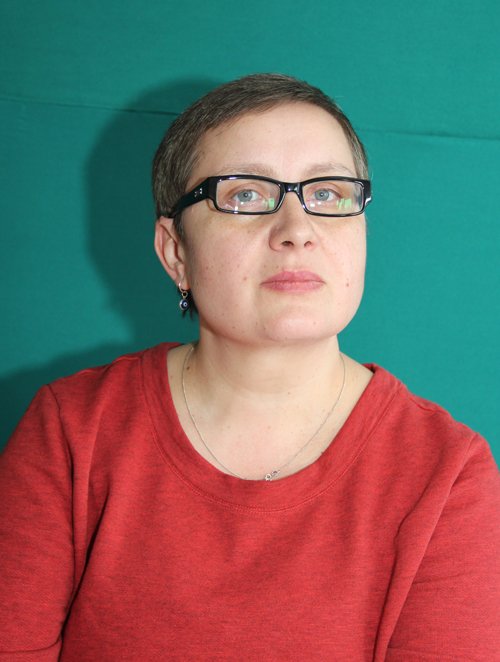Yuliya Sorokina

In 2021, 50 contemporary art curators, researchers, and museum professionals from 32 different countries were awarded support to attend the CIMAM 2021 Annual Conference, in-person and online.
For the first time, and thanks to the generous support of The Getty Foundation who sponsored the virtual platform, 27 grantees attended the conference online, while 23 attended onsite.
Launched in 2005, CIMAM’s Travel Grant Program is designed to foster cooperation and cultural exchange between contemporary art curators and museum directors in emerging and developing economies and their counterparts in other regions of the world.
Yuliya Sorokina's Conference Report
This is my third time attending CIMAM conferences. And I must say that the organization of conferences is always very thoughtful and full of interesting reports and discussions. Each time, however, the conference has its special character – colored by the context of the place in which it is held.
This time, unfortunately, I watched the conference online, so I could not fully appreciate the peculiarity of the conference in Lodz and Gdansk. But I was wondering how the online program was organized. I liked that online participation was possible in broadcast mode and TV mode. This allowed me to revise a few speakers that interested me most of all. It is very important for my creative career to be informed about the problems and conceptual issues of the art world. The CIMAM conference, as always, provides such an opportunity.
I would like to note that both the general theme of the conference and the themes of each of the three days were very precisely formulated, in tune with the challenges of the time and the problems of human civilization, culture, and cultural institutions.
I agree with professor Dipesh Chakrabarty from the University of Chicago – it's very correct, that the CIMAM put the word “time” in the plural and the title of the conference “Under Pressure: Museums in times of Xenophobia and Climate Emergency”. Museums and all cultural institutions are living in different TIMES. That means - in different political, economic, and cultural times. The common thing that unites all of us is one planet. Therefore, the thesis put forward by professor Chakrabarty – very accurately sets off the problems posed by the conference.
I followed his theses for “Museums and the Chronopolitics of the Anthropocene” with great interest, especially the following questions:
- Why did people so late take the climate questions seriously?
- “Great acceleration”;
- Socio-economic trends (everything grows after 1950);
- What should we do for civilization to survive?
- The issue of the Geobiological history of the Earth system…
- The issue of One planet.
The next speaker that piked my interest is Oleksiy Radinski, Filmmaker and Writer, Visual Culture Research Center, Kyiv, Ukraine
His message on the critic of museum's action within difference – a difference of economy, difference of identity etc. accurately reflects the mood among cultural figures of the post-Soviet space. His point of view is interesting in the context of de-colonialism as a de-communization.
I also became interested in the practice of Binna Choi, Director, Casco Art Institute. Her theses Working for the Commons. «Commons dot art» reflected for me important aspects of contemporary art-making - joint making or common making. I also appreciate one of the main questions Binna requested: “What does it mean for the art economy if the paradigm is shifted towards maintenance, instead of show business?”. I also appreciate Open call for providing toolkits that support the maintenance process.
To summarize, we can say that the conference turned out to be very interesting and topical, raising questions following the main challenges of our time. Of course, it's a shame that it was impossible to personally join the conference and cultural program in Lodz and Gdansk. But the level of the conference gives hope for subsequent meetings with colleagues in other cities and countries.
I would like to express my gratitude to all the professionals involved in organizing the conference and logistics with grantees. Thanks, everyone!